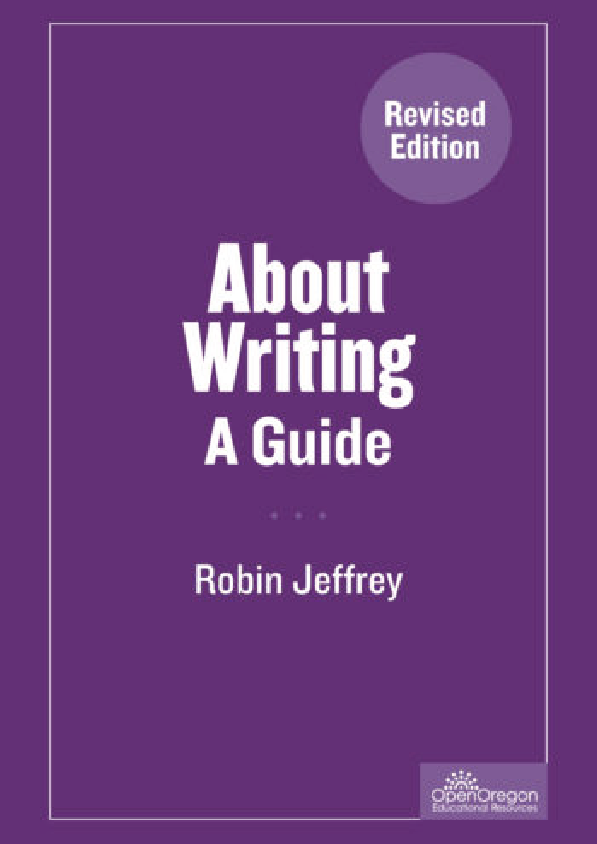TYPES OF WRITING STYLES
There are four main types of writing: expository, descriptive, persuasive, and narrative. Each of these writing styles is used for a specific purpose. A single text may include more than one writing style.
EXPOSITORY
Expository writing is one of the most common types of writing. When an author writes in an expository style, all they are trying to do is explain a concept, imparting information from themselves to a wider audience. Expository writing does not include the author’s opinions, but focuses on accepted facts about a topic, including statistics or other evidence.
Descriptive writing is often found in fiction, though it can make an appearance in nonfiction as well (for example, memoirs, first-hand accounts of events, or travel guides). When an author writes in a descriptive style, they are painting a picture in words of a person, place, or thing for their audience. The author might employ metaphor or other literary devices in order to describe the author’s impressions via their five senses (what they hear, see, smell, taste, or touch). But the author is not trying to convince the audience of anything or explain the scene – merely describe things as they are.
Persuasive writing is the main style of writing you will use in academic papers. When an author writes in a persuasive style, they are trying to convince the audience of a position or belief. Persuasive writing contains the author’s opinions and biases, as well as justifications and reasons given by the author as evidence of the correctness of their position. Any “argumentative” essay you write in school should be in the persuasive style of writing.
Narrative writing is used in almost every longer piece of writing, whether fiction or nonfiction. When an author writes in a narrative style, they are not just trying to impart information, they are trying to construct and communicate a story, complete with characters, conflict, and settings.
There are four kinds of analysis you need to do in order to fully understand an assignment: determining the purpose of the assignment, understanding how to answer an assignment’s questions, recognizing implied questions in the assignment, and recognizing the disciplinary expectations of the assignment.
Always make sure you fully understand an assignment before you start writing!
DETERMINING THE PURPOSE
The wording of an assignment should suggest its purpose. Any of the following might be expected of you in a college writing assignment:
- Summarizing information
- Analyzing ideas and concepts
- Taking a position and defending it
- Combining ideas from several sources and creating your own original argument.
UNDERSTANDING HOW TO ANSWER THE ASSIGNMENT
College writing assignments will ask you to answer a how or why question – questions that can’t be answered with just facts. For example, the question “What are the names of the presidents of the US in the last twenty years?” needs only a list of facts to be answered. The question “Who was the best president of the last twenty years and why?” requires you to take a position and support that position with evidence.
Sometimes, a list of prompts may appear with an assignment. Remember, your instructor will not expect you to answer all of the questions listed. They are simply offering you some ideas so that you can think of your own questions to ask.











